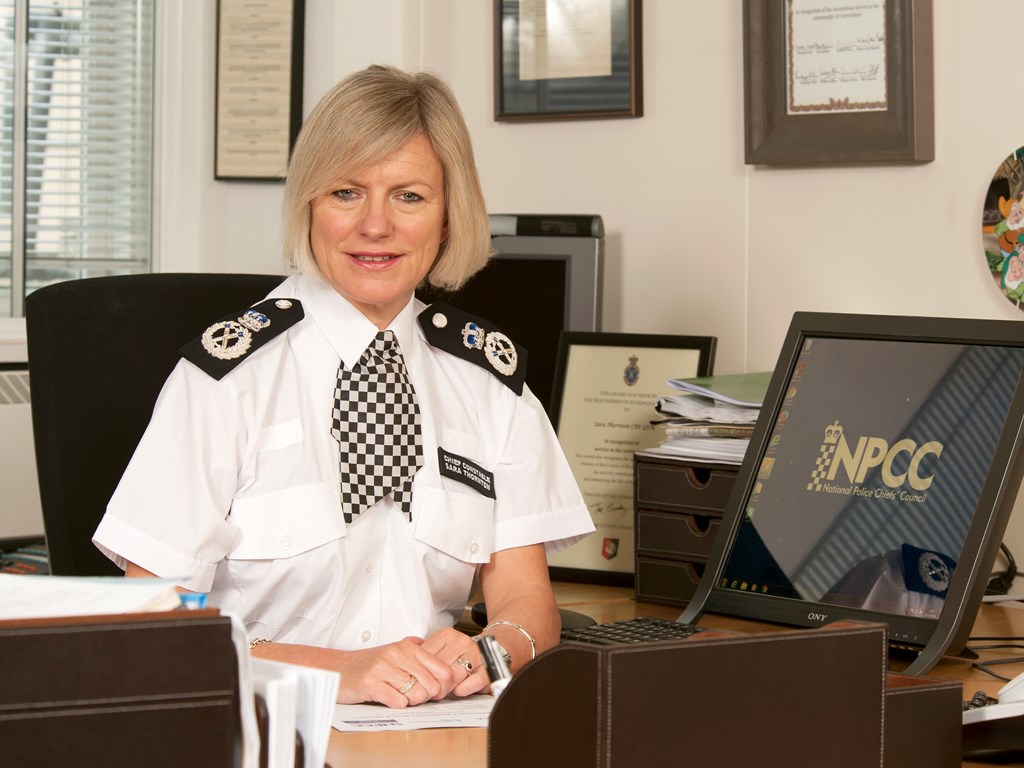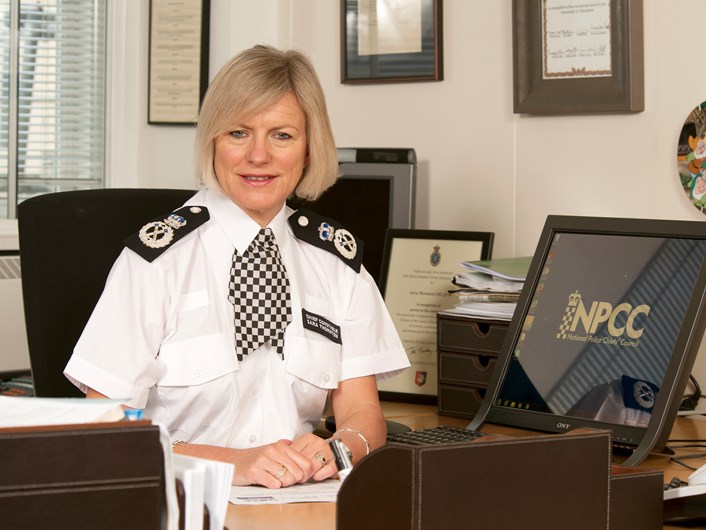
17 May 2018
Police Chiefs' blog: CC Sara Thornton on Chief Constables' Council April 2018
Chief Constables’ Council was held in York last month and as ever the agenda was packed with important debates and decisions.
I wanted to focus on workforce and pay reform because we are getting to the stage where the plans developed over the last few years need to be implemented. Mike Cunningham Chief Executive at the College of Policing and Chief Constables Francis Habgood and Giles York presented the way forward and we the had a healthy debate. Mike set out what he regards as the four foundational requirements for workforce reform in all forces. The first is the introduction of a new recruitment process for officers to ensure that we have people with the right skills and values for the future. The second is the introduction of three new entry routes - apprenticeship, policing degree and degree conversion – by the beginning of 2020. The current entry training programme will expire at the end of 2019 and there are no plans to replace it so this has a degree of urgency. The third is the introduction of comprehensive personal development plans and an initiative for assessment known as ARC (assessment and recognition of competence). In order to do this there will need to be role profiles in place. These are essential building blocks for ensuring officers are paid fairly for their contribution and will help us to recognise the great work of specialist officers as we licence them to practice. Lastly we need to introduce the concept of advanced practitioners – so we are rewarding people for remaining fantastic operational officers.
This transformational plan will require forces, the College and the NPCC to work together over the next two years and there is a lot to do. In parallel with this work, Francis is pulling together the NPCC submission for the Pay Review Body in 2019. This represents a tight timescale but we are determined to consult on any proposals before they are submitted as we are aware how important this is to the staff associations whose members are concerned. Many, many chiefs joined the discussion and, while daunted by the challenge, they were broadly supportive and appreciated the clarity about priorities Mike brought to the issue. All forces agreed to assessing the maturity of their force plans and readiness for implementation.
These changes are all part of our work with police and crime commissioners on police reform and transformation. It was also good to hear from Paddy Tipping, the Police and Crime Commissioner for Nottinghamshire, who stressed the importance of working together to set out how well we are using current resources to meet demands but also where investment in policing could make the public safer and more secure. We reviewed the exciting plans for the Police ICT Company and the work that Ian Dyson is leading on delivering the digital police force by 2025. Our ambitious digital plans will clearly form a central pitch in our spending review submissions next year.
The new national lead for counter-terrorism Assistant Commissioner Neil Basu gave his first security update and chiefs also heard a fascinating briefing by the Chief of Wiltshire Kier Pritchard . Kier’s first day as chief was the day after the attempted murder of the Skripals in Salisbury so all the well laid plans of introductory talks to staff and the local media were shelved as he led the response to what's believed to be attempted murder by the Russian State.
I had invited Bishop James Jones to brief Council directly on his report about the experiences of the Hillsborough families which was published last November. He gave a very powerful explanation of the report and its recommendations and there was a reflective and thoughtful discussion afterwards. Some of the discussion focussed on our work on building learning organisations and we have promised that we will carefully consider whether a duty of candour could work in a policing context. We also had a positive discussion on the Charter for Bereaved Families and have agreed to further consult with police and crime commissioners on its potential adoption.
Operationally we focussed on violent crime, child abuse online and firearms crime. The Home Officer Director General briefed us on the new Home Office serious violence strategy, which emphasises early intervention as well as operational responses to the significant threat posed by ‘county lines’ criminality. While there are many factors behind the recent upturn in violence across the country, as chief officers we know that effective policing can prevent harm and save lives. We are committed to collaborating with each other in order to do this.
Contact information
Communications office
By phone: 0800 538 5058
By email: press.office@npcc.police.uk

